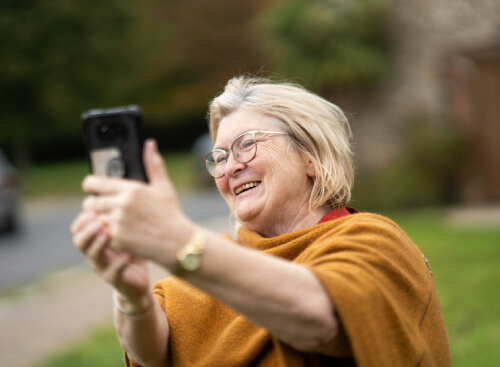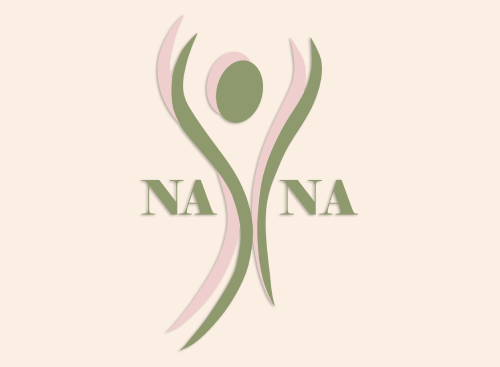
The importance of listening and understanding the needs of the elderly
Why genuine listening is the most important form of elderly care and how small moments can reveal their greatest needs.

In a world that is changing faster every day, it’s easy to forget how precious simple moments of attention and understanding truly are – especially when it comes to the elderly. Too often, in the rush of everyday life, we skip over what matters most: really hearing them. Not just listening to their words, but truly understanding their needs, feelings, and wishes. For many older people, genuine care begins exactly there – with honest listening and understanding.
Listening is the first step toward care
Aging brings many challenges – from physical limitations and illness to emotional changes caused by the loss of loved ones, routines, or a sense of purpose. In such times, the most important thing we can do for an elderly person is to give them space to speak. To remind us who they once were, what makes their day meaningful, what hurts, and what brings them joy.
Older people often don’t ask for much. They want to be heard, respected, and asked how they are, with that question truly meant.
That’s why caregivers and home assistants don’t just provide practical help in daily tasks; they are often the only person with whom an elderly individual shares a longer conversation during the day. Their role is invaluable not only in caring for the body but also in nurturing the spirit.
My example: Grandpa and his watch
I remember my grandfather, who every morning at exactly 7:00 AM wound up his old pocket watch. It was his small ritual, a part of his youth, a symbol of discipline and pride. When health problems prevented him from winding it himself, nobody noticed at first. He didn’t complain; he just became quieter. Only when I sat with him and spent time did he say: “I can’t wind my watch… it feels like I can’t wind myself either.” That sentence struck me more than anything else.
From then on, I realized how important it is not only to help the elderly with practical things but to truly listen to them. Because often, in their quiet words, they tell us the most about their state of mind.
Why is understanding crucial?
Understanding the needs of the elderly makes it possible to adapt care to their personality and lifestyle. Some want more privacy, others enjoy conversation. Some value routine, while others welcome small changes that refresh their day.
True help doesn’t come from assumptions but from communication. Caregivers working with the elderly know how unique each person is and how vital it is to respect that individuality.
How to develop listening skills at home?
- Ask open-ended questions: “How are you today?” “What made you happiest this week?”
- Give them time to express themselves – don’t interrupt, even when sentences are long.
- Pay attention to body language – it often speaks louder than words.
- Ask them for advice – they’ll feel valued and included.
So, next time you sit with your grandmother, grandfather, or parent, don’t check your phone. Look them in the eyes. Show them you’re truly present. Because the foundation of quality care is respect, attention, and understanding.
If you want your loved ones to receive the care and attention they deserve, verified caregivers on the NANA Prime platform are here to provide not just assistance, but also companionship and warmth. Because true care begins with listening.



.jpg)
